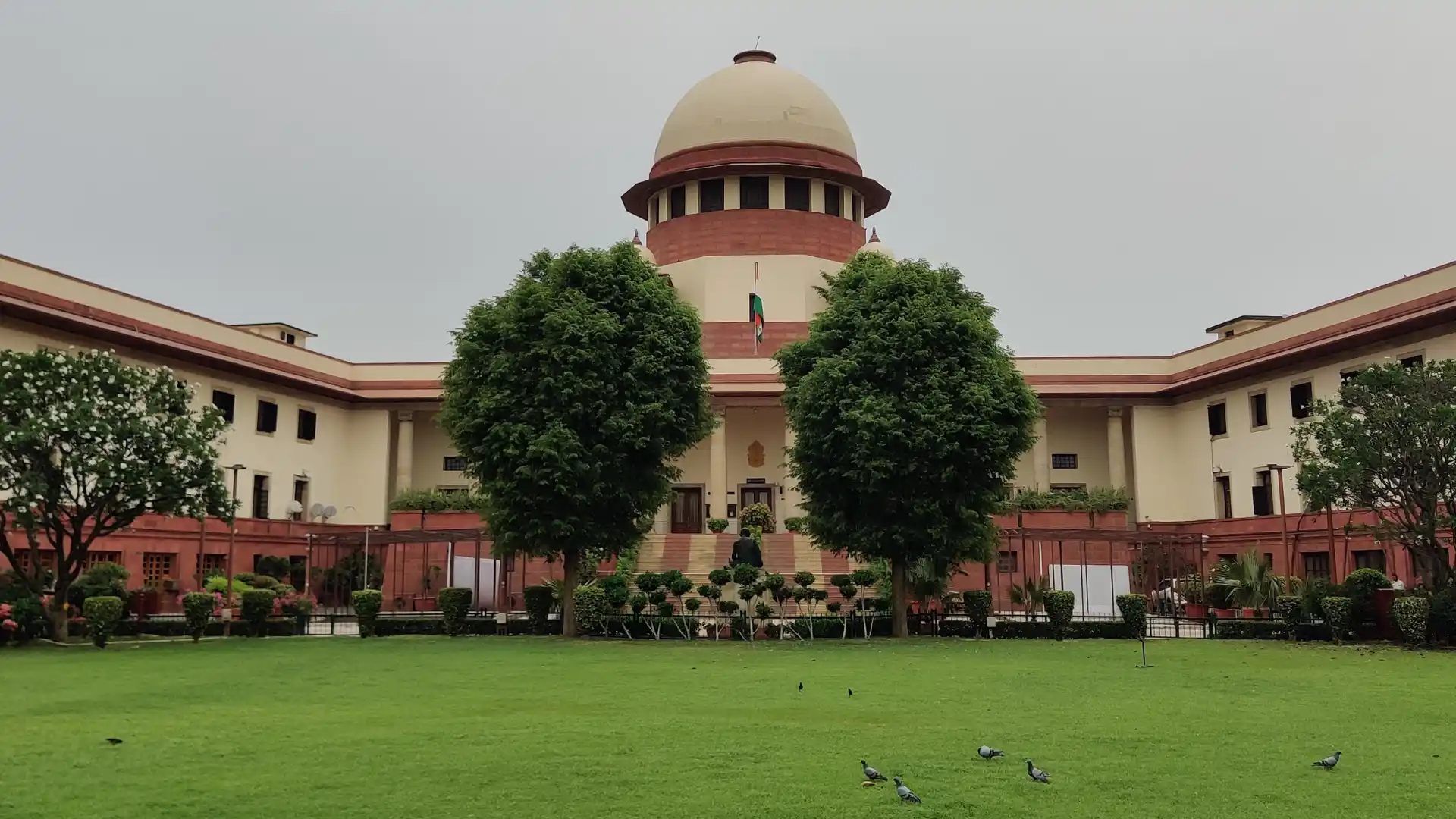Article 224A - Ad Hoc Judges
The Supreme Court suggested appointing retired judges on an ad hoc basis to address the backlog of pending criminal cases in High Courts.
Article 224A allows retired High Court judges to be appointed temporarily with the President's consent. The provision is rarely invoked but has a detailed procedure for appointments.
Constitutional Provision (Article 224A)
- Title: "Appointment of retired Judges at sittings of High Courts."
-
Process:
- The Chief Justice of a High Court can request a retired judge to act as a judge.
- Requires consent of both the retired judge and the President .
- Appointed judges enjoy the same jurisdiction, powers, and privileges as permanent HC judges .
Appointment Procedure
- 1998 Memorandum of Procedure (MoP) governs appointments.
- Steps:
- Retired judge consents → HC Chief Justice recommends the name.
- Recommendation forwarded to the Chief Minister.
- CM sends it to the Union Law Minister → consults the CJI
- PM advises the President → final approval granted .
- 2021 SC ruling (Lok Prahari case): Recommendation must go through the Supreme Court collegium (CJI + 2 seniormost SC judges).

Supreme Court's Guidelines (2021 - Lok Prahari Case)
- Ad hoc appointments only if vacancies are more than 20% of the sanctioned strength. Can be invoked only if regular appointments are already in process .
- Additional conditions: More than 10% of backlog cases pending for over five years .
- Judges should be appointed for 2-3 years , with 2-5 ad hoc judges per HC .
- Rationale: Helps tackle the backlog of cases . Utilizes experienced retired judges to improve judicial efficiency.
- Concerns: Risk of governments delaying regular appointments. Temporary fixes should not replace permanent solutions .
Rare Use of Article 224A
Only three recorded instances
- Justice Suraj Bhan (Madhya Pradesh HC, 1972) – election petitions.
- Justice P Venugopal (Madras HC, 1982–83) – extended for another year.
- Justice O P Srivastava (Allahabad HC, 2007) – Ayodhya title suits.
- No appointments post-2021 SC ruling .
Current Relevance
- SC proposed modifying the 2021 ruling to ease conditions for ad hoc appointments.
- Important for judicial reforms and reducing case pendency in High Courts.












